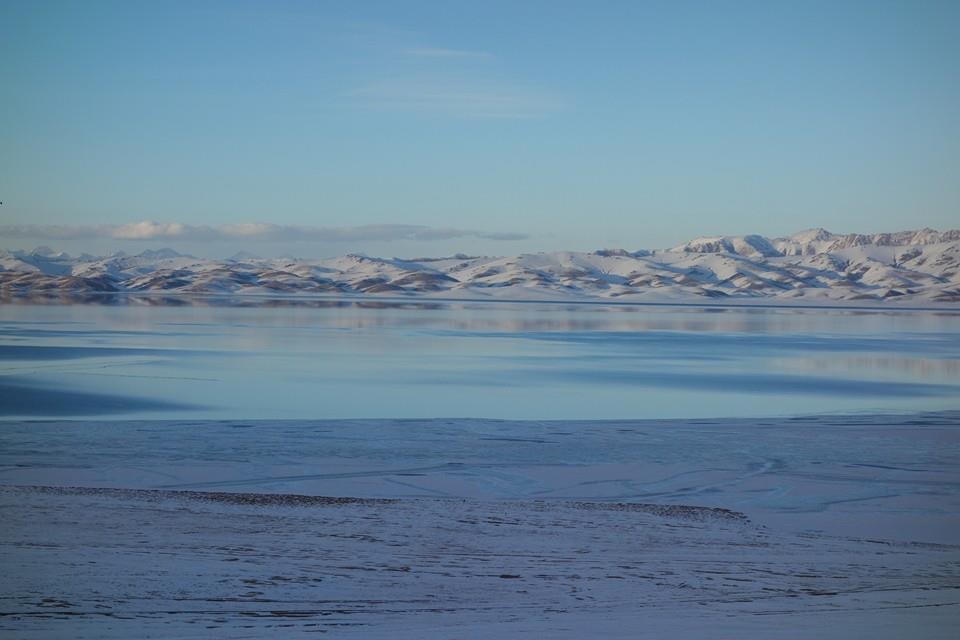I will first give an introduction to Nichols algebras, also in the non-diagonal setting. I will then explain my folding construction, which turns a Nichols algebra with a diagram automorphism into a new Nichols algebra, and by which I was able to construct new families of Nichols algebras over nonabelian groups. I also put this construction into a broader systematic context of category extension, and I explain recent joint work with Angiono and Sanmarco building on work by Heckenberger and Vendramin, in which we show that all Nichols algebras over nonabelian groups with rank larger than 3 arise in this way.
- Institute
- People
- Departments
- Algebra, Geometry and Mathematical Physics (AGMP)
- Branch in Brno (BB)
- Constructive Methods of Mathematical Analysis (CMMA)
- Didactics of Mathematics (DM)
- Evolution Differential Equations (EDE)
- Mathematical Logic, Algebra and Theoretical Computer Science (MLATCS)
- Topology and Functional Analysis (TFA)
- Archive of departments
- Positions
- Research
- Events
- Calendar
- Partnerships
- Links


